Category:
Kenya
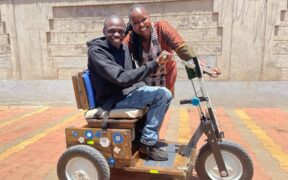
Discover the work of Kupenda for the Children in supporting young people with disabilities affected by sexual abuse. Read the interview with Stephen Kitsao and learn how he counsels families impacted by disability.
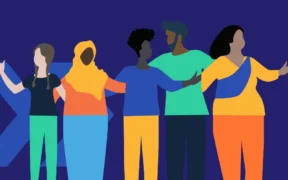
Through a long-term partnership, FP2030 and Knowledge SUCCESS have used KM techniques to summarize country commitments in shareable formats that anyone can easily understand and expand documentation expertise among FP2030 Focal Points.
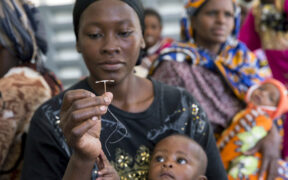
This article highlights the evolving landscape of family planning and reproductive health in Kenya, shedding light on the significant progress made while addressing persisting challenges.
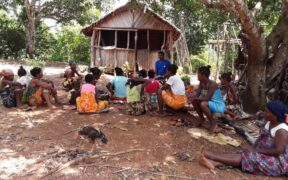
Blue Ventures started integrating health interventions, addressing a huge unmet need for family planning. We came to understand that we were addressing a health need which is part of a broader ecosystem consisting of conservation, health, livelihood, and other challenges.

In 2022, Knowledge SUCCESS collaborated with 128 Collective (formerly Preston-Werner Ventures) to conduct a rapid stock-taking exercise to document the impact of HoPE-LVB, an integrated Population, Health, and Environment (PHE) project in Kenya and Uganda. During a recent webinar, panelists shared how HoPE-LVB activities continue in the two countries.
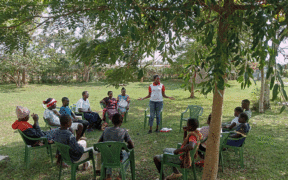
This spotlight series will focus on our valued KM champions in East Africa and shed light on their journey to working in FP/RH. In today’s post, we spoke with Mercy Kipng'eny, a program assistant for SHE SOARS project at the Center for Study of Adolescence in Kenya.
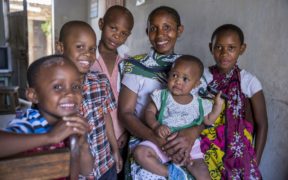
Knowledge management was a key component in the creation of Kenya’s FP2030 Commitments.
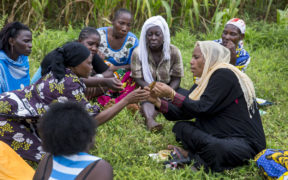
Though discussions around reproductive health services should be open to all, adolescent boys and girls experience often don’t get to take part in them, with their parents and guardians making most decisions about health on their behalf. Kenya’s health department is implementing various interventions focusing on young people. Through The Challenge Initiative’s (TCI) program, Mombasa County received funding to implement high-impact interventions that address some of the challenges young people experience in accessing contraception and other sexual and reproductive health (SRH) services.
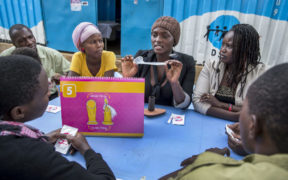
In Mombasa County, Kenya the Sisi Kwa Sisi program supports local governments to scale up high-impact best practices in family planning. The innovative peer-to-peer learning strategy uses counterpart coaching and mentoring to impart workplace knowledge and skill.
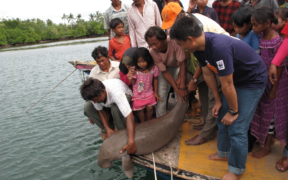
In March 2021, Knowledge SUCCESS and Blue Ventures, a marine conservation organization, collaborated on the second in a series of community-driven dialogues on People-Planet Connection. The goal: to uncover and amplify the learnings and impact of five national PHE networks. Learn what network members from Ethiopia, Kenya, Madagascar, Uganda, and the Philippines shared during the three-day dialogue.













